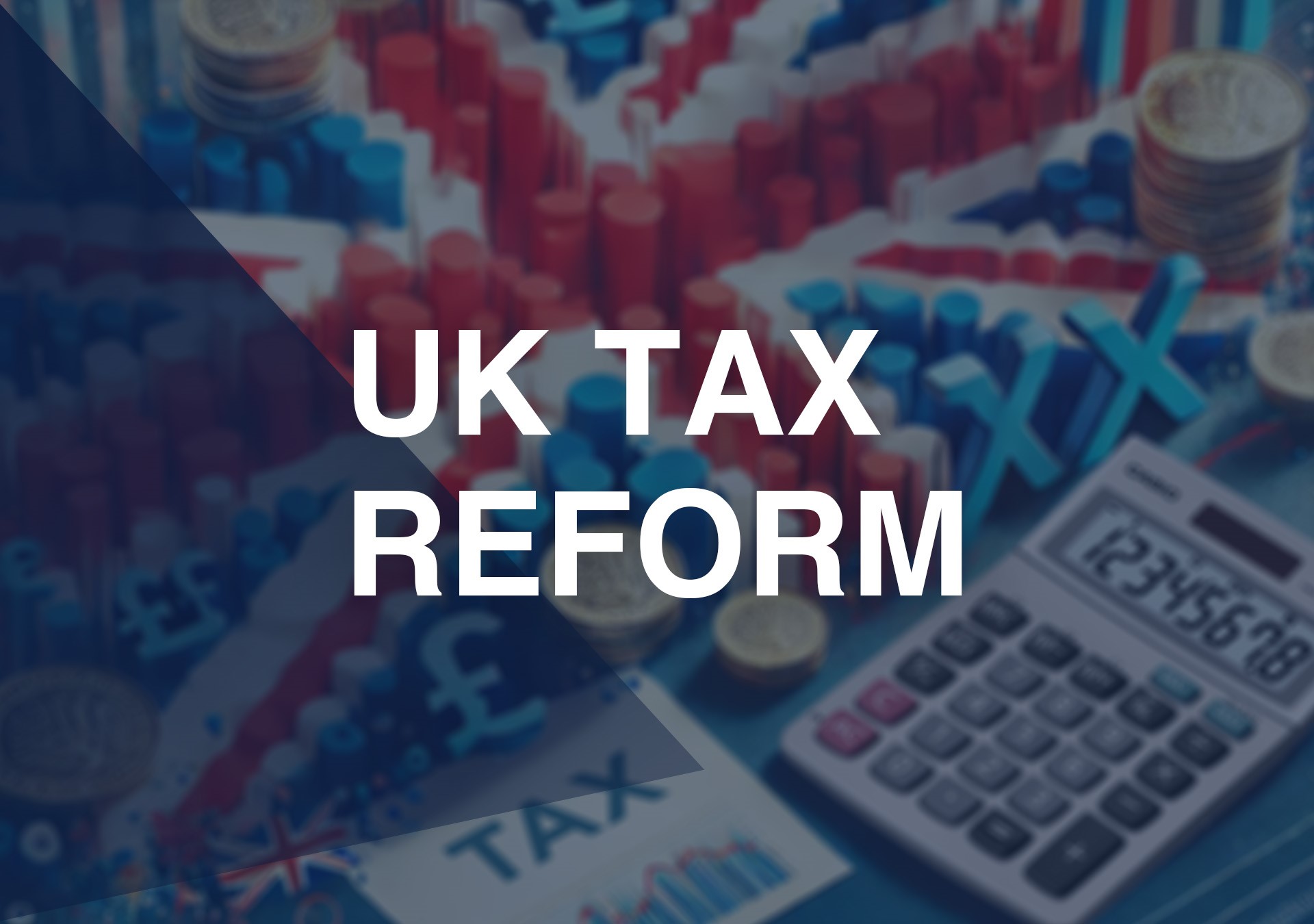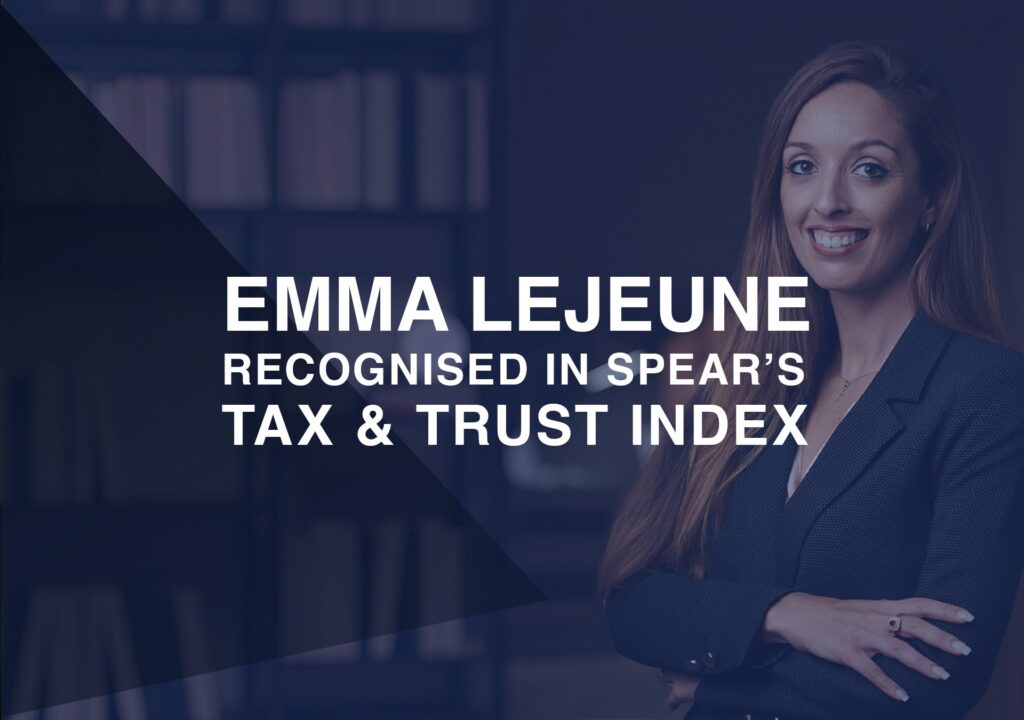UK Tax Reforms Spark Rethink Among High-Net-Worth Individuals
The UK Chancellor, Rachel Reeves, recently acknowledged that the UK Government had been listening to the criticisms levied at the proposed changes to the UK’s non-domiciled rules announced in last October’s budget.
Under the proposed changes, non-domiciled individuals entering the UK, who have not been resident in the UK for the preceding 10-year period will receive a four-year exemption from paying taxes on foreign income. Additionally, those who have not been tax resident for the preceding four years, will also be entitled to the exemption until the end of the fourth year as a UK tax resident. While this reform aims to modernize the tax regime, it introduces complexities that high net worth individuals (HNWIs) must navigate to optimise their financial outcomes.
Consequently, the Chancellor confirmed that the UK Government would soon introduce an amendment to the Finance Bill. The amendment will enhance the benefits of the temporary repatriation facility, allowing non-doms to transfer money to the UK immediately without incurring substantial taxes. The amendment will also broaden the eligibility criteria for accessing the facility.
Notwithstanding these concessions, the replacement of the longstanding non-dom regime with a residence-based tax system, effective April 2025, marks a significant departure from the resident non-dom framework and many HNWIs are reassessing their residency options. Given its long-standing ties to the UK and its well-established financial ecosystem, Gibraltar naturally features in these discussions.
In addition to being a growing financial hub with a stable tax system, Gibraltar boasts well-developed and established legal and financial services infrastructures. It also offers all the advantages of a Mediterranean lifestyle. Of particular relevance to HNWIs, Gibraltar has developed a specialist tax status which provides a predictable and capped tax liability on worldwide income. This status, known as its Category 2 Individual status, limits the maximum tax payable to £42,380 per year, with a minimum annual tax liability of £37,000, although certain sources of income are not captured within this cap, including but not limited to, income arising from real property situate in Gibraltar.
Although the benefits of relocating to jurisdictions such as Gibraltar are attractive, such decisions require careful deliberation. Relocation requires the careful consideration of numerous factors, including tax and legal issues in (at least) both jurisdictions. Seeking guidance from qualified advisers is essential to ensure that these decisions align with individual circumstances and long-term financial objectives.
Want to find out more about Gibraltar and the Category 2 regime? Contact us at… Adrian.Pilcher@isolas.gi, Stuart.Dalmedo@isolas.gi, Emma.Lejeune@isolas.gi, Louise-Anne-Turnock@isolas.gi








